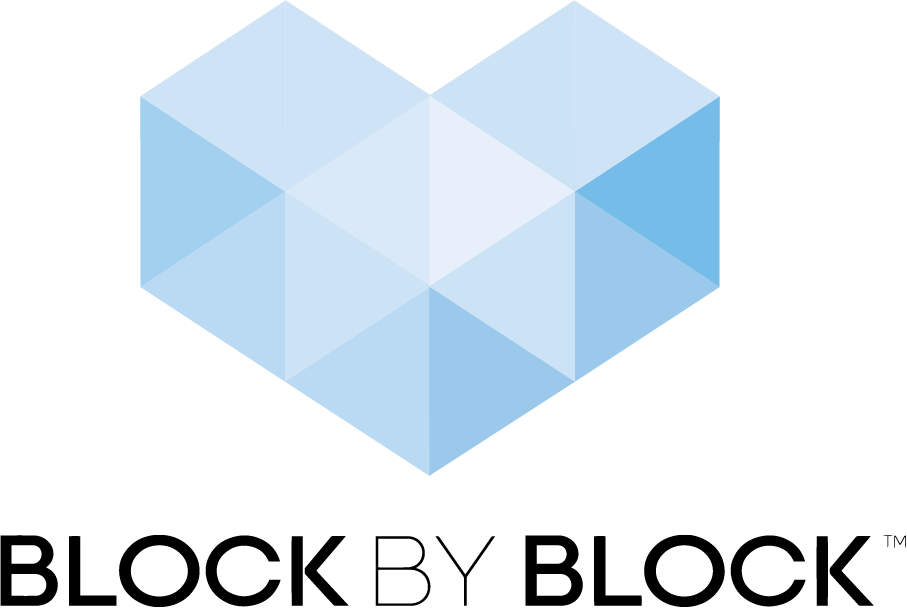Market Hygiene in Niamey, Niger
Market Hygiene in Niamey, Niger
This focused campaign respectfully communicated with a government-wary community about the life-threatening virus and the importance of practicing good hygiene.
Market Hygiene in Niamey, Niger
Niamey, Niger
Project type: COVID-19
Collaborators: UN-Habitat, Public Spaces for All (PSA), HealthBridge, 5 local markets
Region: Africa
Tags: economic opportunity, micro-interventions, disaster recovery, public health, public safety and security, COVID-19
Woman washing her hands at the entrance of a local market in Niamey, Niger © PSA
Background
In Niger, the government has enacted several actions to prevent the spread of COVID-19, including compulsory hygiene measures in markets, shops, restaurants, and public and private services. The markets are now being closed at early hours to allow the municipality to disinfect and thoroughly clean the markets. Unfortunately, except for the Grand Marché, there were no hand-washing facilities at entrances and exits of local markets across Niamey.
Building Trust, Block by Block
One of the biggest challenges of this project was the lack of trust in government-imposed COVID-19 prevention measures. The market community expressed confusion and dismay about banning gatherings because they relied on people coming in numbers to buy food. In response, we launched a 23-day campaign to respectfully communicate to vendors and the community about the pandemic and the importance of practicing good hygiene to prevent the spread of this life-threatening virus.
Washing facilities with hygiene infographics; Niamey, Niger © PSA
Progress
The project targeted five local public markets that were selected through an engagement process with market managers across Niamey. After identifying gaps and needs, we held 23 meetings with market users and vendors to educate them on the modes of contamination and how to use the 30 hand-washing stations that were distributed. More than 1250 people in the community received this critical awareness training.
Located at entrances and exits of the five markets, these hand-washing stations included infographics, a box of soap, a bucket to collect water, and sanitizers. They were used about 150 times per day per market and continue to be in use.
More Resources
Key Recommendations for Cities in a COVID-19 World
12 Key Principles for an Effective Urban Response during COVID-19
